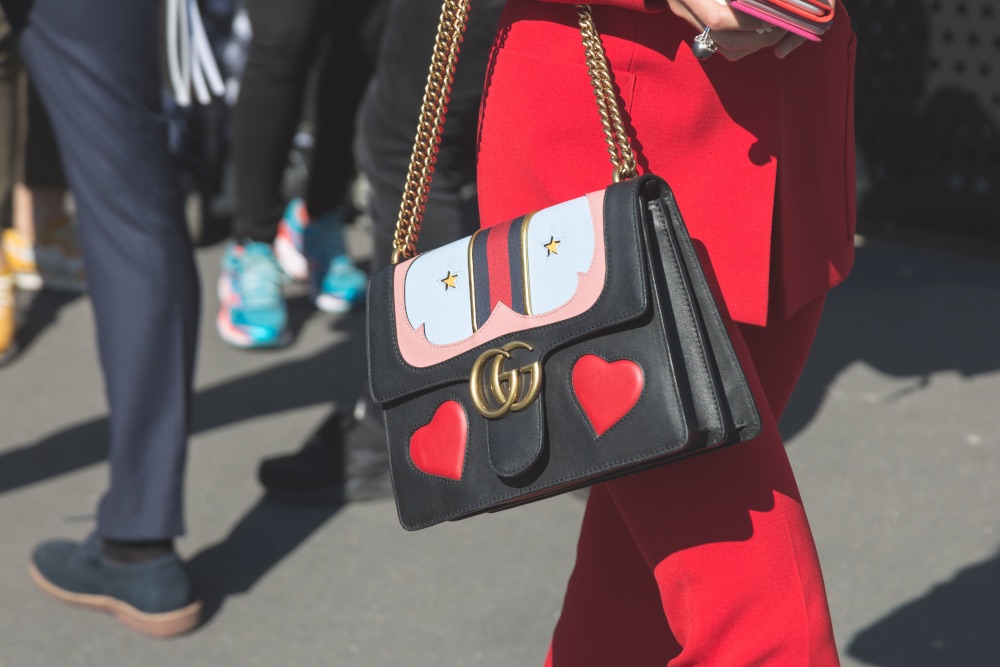Luxury has become a ubiquitous term in marketing, and it is often used to sell products and services. From high-end cars to luxury clothing and accessories, many industries have embraced the allure of luxury in their marketing campaigns, however, the use of luxury in marketing is not without controversy, and it is important to examine the implications of this strategy.
We will explore the ways in which luxury is used in marketing and its impact on consumers. By discussing the different industries that use luxury in their marketing, the benefits and drawbacks of this approach, and the potential consequences for consumers, this article aims to provide a comprehensive analysis of the use of luxury in marketing.
The allure of luxury in marketing
Luxury has long been associated with high-end brands and products, with marketers utilising the concept of luxury to promote their offerings. In the world of marketing, luxury typically refers to the highest quality products or services, often associated with a hefty price tag and exclusivity. Luxury brands have become synonymous with prestige, and many companies use the allure of luxury to attract customers and increase sales.
The use of luxury in marketing can have a significant psychological impact on consumers. Many people associate luxury brands with status, success, and sophistication. In fact, luxury products can activate the reward centres in the brain, leading to feelings of pleasure and satisfaction. By tapping into these emotions, marketers can create a sense of exclusivity and desirability around their products, making them more appealing to consumers.

Aspirational marketing is another powerful tool that utilises the concept of luxury to promote products and services. This type of marketing creates a sense of aspiration and desire in consumers by portraying a lifestyle that is associated with luxury and exclusivity. By highlighting the benefits of using a particular product or service, marketers can make consumers feel like they are part of an elite group, further increasing the appeal of the brand.
Industries that cleverly use luxury marketing
The fashion and beauty industry has long used luxury as a selling point, with high-end fashion houses and luxury beauty brands promoting their products as symbols of status and exclusivity. Luxury fashion and beauty brands often use premium materials, intricate designs, and limited edition products to create a sense of exclusivity and desirability among consumers.
The gambling industry is another industry that often uses luxury marketing to attract customers. Online casinos and high-end resorts use luxurious amenities, such as fine dining restaurants, spas, and high-end hotel rooms, to create an upscale and exclusive atmosphere. The use of luxury marketing in the gambling industry can also create a sense of excitement and glamor, making the experience of gambling more attractive and desirable to potential customers. Additionally, some online casinos for real money offer VIP programs and rewards for high-rolling customers, which can include access to exclusive events and experiences.
In the real estate industry, luxury marketing is often used to sell high-end properties and luxury homes. Real estate agents and developers will highlight the premium features of a property, such as high-end finishes, scenic views, and luxurious amenities, to attract wealthy buyers. Additionally, luxury real estate companies may use exclusive events and experiences to market their properties, such as private viewings or curated lifestyle experiences.

The automotive industry is another industry that frequently uses luxury marketing to sell high-end vehicles. Luxury car brands often promote their vehicles as symbols of status and exclusivity, using sleek designs, premium materials, and cutting-edge technology to create a sense of luxury and refinement. Additionally, luxury car brands may offer customized options and personalised experiences to appeal to high-end consumers.
Ethical considerations of luxury marketing
Luxury marketing has faced criticism for its impact on society, particularly in terms of perpetuating materialism and consumerism. Some argue that the constant promotion of luxury goods can create a culture of social status and exclusivity, leading to an unhealthy focus on material possessions. Additionally, luxury marketing can contribute to environmental issues and ethical concerns surrounding the production of these goods.
The use of luxury marketing to sell non-luxury products has also been a point of ethical consideration. Some argue that this type of marketing can be misleading and manipulative, as it implies a level of exclusivity and luxury that may not actually exist in the product being sold. This can create a false sense of value and contribute to the overall culture of materialism and consumerism.

Another ethical consideration of luxury marketing is its role in perpetuating inequality. The constant promotion of luxury goods can create a sense of exclusivity and social status that reinforces existing power dynamics in society. This can lead to a wider gap between the wealthy and the less fortunate, further perpetuating systemic inequality. Additionally, luxury marketing can contribute to the commodification of culture and lead to the exploitation of cultural practices and traditions for profit.
The final word
Luxury marketing is a powerful tool that can have both positive and negative impacts on society. While the allure of luxury can be enticing and aspirational, it can also perpetuate inequality and create unrealistic standards of living. Industries such as fashion, beauty, gambling, real estate, and automotive have all utilised luxury marketing to varying degrees of success. However, it is important to consider the ethical implications of using luxury marketing to sell non-luxury products or perpetuate inequality.
Marketers should strive to balance the allure of luxury with ethical considerations and consumers should be mindful of their own values when making purchasing decisions. Ultimately, luxury marketing can be used responsibly to enhance the value of products and services, but it must be done with consideration for the impact on society as a whole.






















